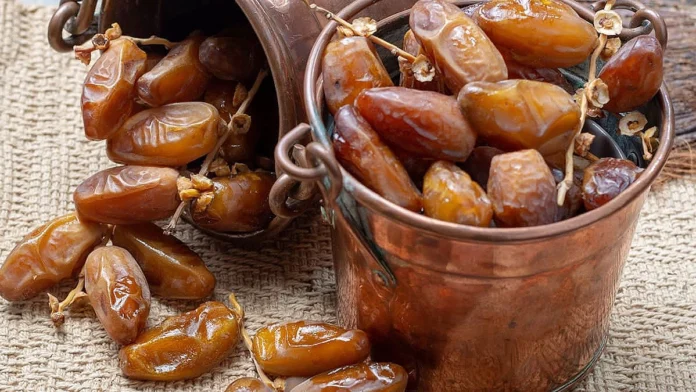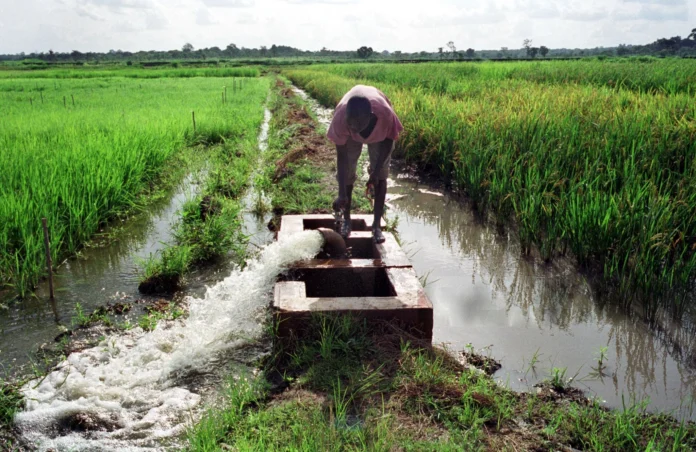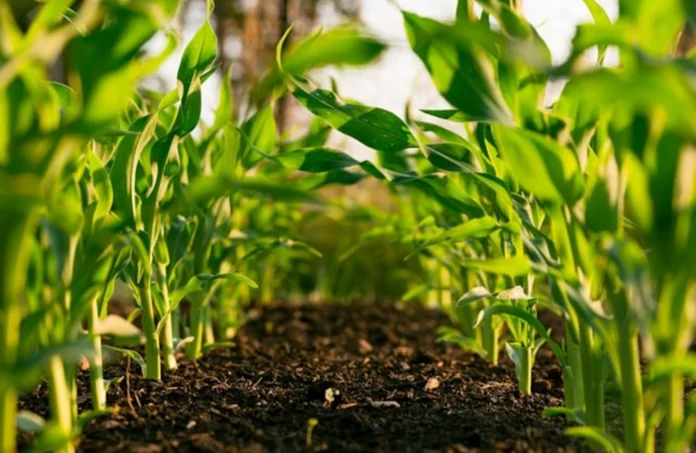Arabfields, Sophia Daly, Financial Analyst specialized in Agriculture and Futures Markets — Though it never makes headlines like wheat or oil, the humble carrot is a genuine agricultural success story across the Arab region. According to the latest available FAO data (2022–2023), Algeria is by far the largest producer of carrots (and turnips, which are grouped together in international statistics) in the entire Arab world, with an annual output of around 414 000–428 000 tonnes. This places Algeria comfortably ahead of every other Arab country and gives it clear regional leadership in a crop that remains a niche but profitable export commodity worldwide.
Global ranking 2022–2023 (for context)
| Country | 2022 (tonnes) | 2023 (tonnes) |
|---|---|---|
| 1 | China | 18 700 000 |
| 2 | Uzbekistan | 3 900 000 |
| 3 | United States | 1 380 000 |
| 4 | Russia | 1 360 000 |
| 5 | Germany / UK | ~800 000–900 000 range |
China alone accounts for almost half the planet’s carrots. Algeria’s volume is modest on the world stage but represents genuine regional dominance.
Arab-world ranking (2022–2023)
| Arab rank | Country | 2022 (tonnes) | 2023 (tonnes) |
|---|---|---|---|
| 1 | Algeria | 428 000 | 414 300 |
| 2 | Egypt | 213 800 | 221 300 |
| 3 | Tunisia | 210 200 | 212 900 |
| 4 | Sudan | 46 500 | 41 100 |
| 5 | Lebanon | ~35 000 | ~36 000 |
Algeria produces roughly twice as much as the second- and third-placed countries combined and accounts for close to half of all carrots grown in the Arab region.
Export picture (2023, value in million USD)
Global leaders:
- China – $514.3 M
- Netherlands – $258.8 M
Arab region (real production-based exports, excluding pure re-exports):
- Egypt – $16.3 M
- Oman – $2.4 M
- Jordan, Tunisia, Lebanon – < $2 M each
Algeria does not appear in the top Arab exporters because almost the entire harvest is consumed domestically or moves through informal regional channels. With a population of over 45 million and a strong culinary tradition that uses carrots in everything from Algerian couscous to salads and juices, local demand easily absorbs the crop.
Why Algeria excels in carrot production
- Ideal climate and soil The Mitidja plain south of Algiers, the Annaba–Skikda region, and high-plateau areas offer deep, well-drained soils and mild, wet winters perfect for carrot cultivation.
- Large-scale irrigation and mechanisation State dams and private investment have expanded irrigated perimeters dramatically since the early 2000s.
- High-yielding hybrid varieties Farmers use Nantes, Flakkee and Chantenay hybrids (mostly from Dutch and French seed companies) that deliver 60–80 tonnes/ha under good management.
- Strong government support The National Agricultural and Rural Development Programme (PNDAR) and subsequent plans have subsidised seeds, fertilisers, greenhouses and cold-storage infrastructure.
Remaining challenges
- Increasing water stress and the need for drip irrigation and drought-tolerant varieties.
- Stricter European phytosanitary and residue standards for any future export push.
- Limited industrial processing (baby carrots, frozen products, juice concentrates) that would add value and reduce post-harvest losses.
A few fun carrot facts
- The carrot originated in Afghanistan around the 7th–10th century; original colours were purple or yellow. The orange version we know today was bred in the Netherlands in the 16th–17th centuries.
- Romans considered carrots an aphrodisiac; Emperor Caligula allegedly served huge carrot feasts to make senators “mad with desire”.
- The WWII myth that “carrots help you see in the dark” was British propaganda to hide the existence of radar from the Germans.
- Carrots are genuinely rich in beta-carotene (provitamin A). Severe vitamin A deficiency still causes preventable childhood blindness in some developing countries.
A quiet agricultural champion
Algeria already has the volume, the land, the climate and the technical know-how to be the undisputed Arab carrot powerhouse. Turning part of that production into branded, certified exports (baby carrots to Europe, organic lines to the Gulf, processed products worldwide) would create thousands of additional jobs and valuable hard-currency earnings. As long as water resources are managed sustainably, the carrot will remain one of Algeria’s most reliable and under-celebrated agricultural success stories.
Next time you peel an orange carrot, remember: in the Arab world, Algeria grows more of them than anyone else.












